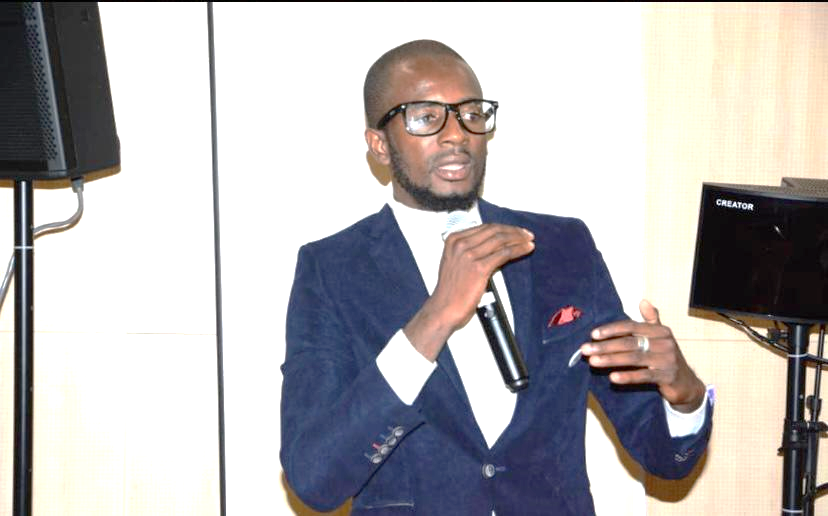By Kebba Ansu Manneh
Essau Williams, a renowned Gambian Journalist and Chairman of the Gambia National Journalism Award (NJA) has hit hard on the Gambia Journalists over the poor English grammar manifested in various entries submitted for consideration for this year’s media award.
He made this disclosure on Friday 2nd December 2022 at the NJA night held in Kololi, where he said if last year’s nominees were murdering the English language this year’s nominees ventured into the massacre of the English language. He noted that the number of female candidates who applied for the award was not encouraging.
“The panel of Judges was with the unanimous view that the overall quality of entries for this year’s award was less than impressive. If last year’s soundbite was summed up as cold-blooded murder of the English tongue, this year was a massacre,” said Essau Williams, Chairman of NJA.
He added: “The entries were truly frightening, and the tragedy of it all was that the story ideas in and of themselves were brilliant, but the way they were told was heart-breaking. We agreed that the works lacked focus and coherence. Some stories were swallowed and did little to enlighten the reader, viewer, or listener. Sourcing yet again a major problem.”
He continued to observe that there were instances where entire press releases were placed in quotation marks and submitted as evidence of a news story, adding that the entries lack critical analysis with headlines saying one thing and the ensuing stories saying another.
“There was little by way of critical analysis, with headlines saying one thing, and the ensuing stories saying another; and the level of written and spoken English was truly awful. But how is it that such bad journalism gets to see the light of day in the first place? In other words, where is the problem of bad journalism lie?” Essau Williams asked among other critical questions.
Chairman of the National Journalism Award disclosed that out of 137 entries for this year’s Media Excellence Award only 49 entries were deemed fitting to be considered, noting that for every entry judges looked into the newsworthiness and angling of the article; accuracy, and factuality; style, grammar, and presentation; originality and; public benefit and impact.
“Each of these categories was graded on a scale of 1-5, with a pass mark of 10 for shortlisting. Out of the 49 shortlisted, we awarded just 13, so roughly 26%. From the 24 categories available just half of them were eligible,” Essau Williams NJA, Chairman stressed.
He added: “The numbers on gender were not encouraging either. Of the 49 submissions shortlisted, a mere 16 came from women, which equates to just about 33% and roughly mirrors the overall total number of submissions from women. We need some serious work on getting the gender balance right at the very least, to 50% of all applicants.”





